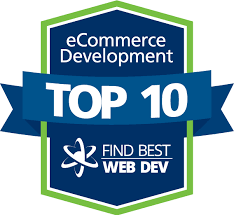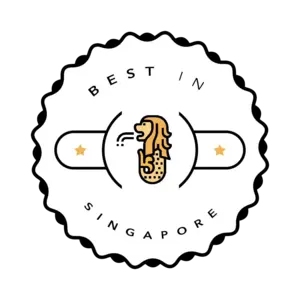Facebook advertising costs aren’t fixed. They’re dynamic, and they change based on what you’re promoting, who you’re targeting, and how well your ad performs. If you’re running ads for the first time in 2025, it can feel unclear what you’ll actually pay.
This article breaks down how Facebook pricing works, what influences the cost, and what you can expect to spend—plus how to keep your budget under control.
Need help with Facebook Ads? Reach out to Weave Asia Singapore via call, email, or our contact form for any enquiries!
Average Facebook Ad Costs in 2025
Facebook advertising runs on a bidding system, so there’s no fixed price. But there are common cost ranges you can use as a benchmark. These can vary depending on your industry. It’s worth setting a budget you’re comfortable with, so you can test what works before scaling up.
Metric
Average Cost (2025)
CPC (Cost per Click)
CPM (Cost per 1,000 Impressions)
CPA (Cost per Action)
$0.26 – $2.00
$1 – $15
$5 – $30
Different goals call for different pricing models. CPC is typically used when the aim is to drive traffic to a website. CPM works best for brand awareness, where reach matters more than clicks. CPA comes into play when you’re focused on conversions, such as sales or sign-ups.
Before you run ads, it helps to plan your campaign and set clear goals—what you want to achieve will guide how you spend.
Why Facebook Advertising Costs Vary So Much
There’s no one-size-fits-all price for Facebook ads. What you pay depends on a mix of factors that change how competitive your ad is in the system.
Key cost drivers:
-
Audience targeting
Broad targeting reaches more people but often includes less relevant users. Narrow targeting reaches people more likely to act, which can improve efficiency.
-
Industry or niche
Some sectors are more competitive. Finance, healthcare, and e-commerce often cost more than local services or niche hobbies.
-
Ad objective
Different goals carry different price tags. Conversion campaigns cost more than traffic or awareness because they aim for action, not just visibility.
-
Location
Targeting high-demand regions increases cost. Targeting high-demand areas can raise your cost. Ads shown in Singapore’s central regions usually cost more than those targeting neighbourhoods like Woodlands or Punggol.
-
Season and timing
Costs spike during high-competition periods. Q4 is the most expensive due to holiday campaigns.
-
Ad relevance and engagement
Facebook rewards ads that get clicks, shares, or comments. A high-performing ad pays less per result. A low-performing ad costs more.
How to Keep Costs Low
Managing Facebook advertising costs isn’t all about throwing money at the problem. Here are a few tips to help you maximise your budget:
Target Smarter, Not Broader
It’s tempting to cast a wide net, but narrowing your focus can drive down costs. Target people who are most likely to convert—your ideal customers.
Test Creatives and Copy Often (A/B Testing)
Don’t settle on the first design or message. Test different images, headlines, and calls to action. This allows you to discover what works best and eliminate anything underperforming.
Use Custom Audiences and Lookalikes
If you already have a customer list, use custom audiences to target them directly. Lookalike audiences will help you find new people similar to your existing customers, making your ads more efficient.
Monitor Performance and Kill Underperforming Ads Fast
If something’s not working, don’t wait for it to improve. Pause the ad and adjust accordingly. Facebook ads are real-time—so the quicker you act, the better.
Optimise Landing Pages
Your ad should match the page users land on. A seamless experience from click to conversion helps improve your ad’s relevance score, which could lower your cost.
Realistic Budgeting Tips for Beginners and Small Businesses
As a beginner or small business, you don’t need a massive budget to succeed with Facebook advertising. Here’s how to start small and scale up sensibly:
Start with a Small Daily Budget
Start with a low budget (e.g., $5-$10 per day). This gives you room to test and adjust without risking too much.
Run Short Campaigns to Test and Learn
Short, focused campaigns allow you to see what works before committing to a larger budget.
Set Clear Goals Before Spending
Do you want more website traffic? More conversions? More brand awareness? Clarifying your goal will guide your budget decisions.
Be Patient
Results don’t happen overnight. Look at trends over time rather than expecting quick fixes.
Final Thought
In summary, the Facebook advertising costs aren’t set in stone. Many factors influence what you’ll pay, and you have control over much of it. Target smarter, test constantly, and optimise your landing pages. Remember, you don’t need a massive budget to succeed—just a good strategy and patience. Take your time experimenting and track your results. By adjusting as you go, you’ll find the right balance to get the best results without overspending.
Need help with Facebook Ads? Reach out to Weave Asia Singapore via call, email, or our contact form for any enquiries!














